If your pet is 6 months or older, then he/she is close to being sexually mature
What does this mean to you? Your pet is capable of making babies. Some dogs and cats may even go into heat as early as four or five months of age!
Most female cats go into heat sometime between 6 and 9 months of age. Female dogs go into heat for the first time between 6 months and a year of age depending on the size and breed of the dog. But there is no one, hard, fast rule! You may not even recognize that your female dog or cat is in heat the first time. Although, some cats in heat make the most outrageous noises, not something I want to go through again.
Male cats and dogs are usually physically capable of making a female pregnant once they reach 6 months. You may notice them trying to mount other pets, toys, or your leg.
Just because they are sexually mature, does not mean they should breed. Most animals are still growing, even up to 2 years. Pregnancy puts additional stress on a growing animal. Early breeding my cause behavioral changes as well as health issues that may occur during the pregnancy. Kittens or puppies may be more likely suffer from genetic disorders as well.
Responsible breeding should include waiting until your pet is fully grown.
Why should you spay/neuter your pet?
There are a number of reasons to spay/neuter your pet.
Health Reasons
- Both male and female animals are less likely to have certain types of cancer if they are spayed/neutered at an early age.
- Females can become anemic while in heat and have a high chance of uterine infections.
- Urinary tract infections are also common in intact animals.
- Male dogs will break out of yards to get to females in heat, often getting lost or injured in the process.
- Female animals can develop Pyometra, which is an infection in the uterus that can be life-threatening if not treated promptly.
Behavior Reasons
Your pet's identity is not affected by spaying/neutering. They may calm down, they may be less crazy, less pushy, but their personality will not change due to neutering.
- Aggressive behavior can be a direct result of hormones. Many breeds with aggressive tendencies benefit from early spaying/neutering.
- Spraying and marking behaviors do not start until the pet reaches sexual maturity. The longer they are allowed to practice these behaviors, the more ingrained they become.
- Humping behavior is less likely to occur in pets that are spayed/neutered young.
- Females, especially cats, can have a wide range of annoying behaviors when they are in heat.
Humane Reasons
- Female animals are at risk during pregnancy. Your pet could suffer complications during or after pregnancy or even die while giving birth.
- Many male animals are killed crossing the street to get to a female in heat.
- Thousands of homeless animals are put to death every year just in our small area of Houston.
- There are plenty of 'accidents' and puppies/kittens that need homes. Check with your local shelter or rescue group. You can't guarantee that a puppy or kitten your dog has will get a forever home.
- Breeding to get another pet like the one you have never works. No two animals are alike in personality, even within the same breed. Enjoy the animal you have, give it the best quality of life you can and honor it by rescuing another animal, not breeding more.
- Unless a pet is a purebreed, has been proven to be in the best health (this means special visits to the vet for tests and x-rays to rule out genetic issues and problems like hip dysplasia), of good temperament, and would improve the breed, there is no reason to breed it. EVEN if the pet does meet those requirements, you should question your reasons for wanting to breed the pet.
- You will most likely NOT make money by selling the offspring. Responsible breeding means trips to the vet, before, during and after pregnancy, as well as taking the litter for vaccines and worming before they go to new homes at 6-8 weeks of age minimum. You also need to provide a puppy/kitten food for the mother before and while she is pregnant to provide extra nutrition for the pregnancy and while she is nursing. If the mother rejects the babies, you will end up bottle feeding for the first 3-4 weeks. There is no guarantee how big the litter will be. Could be one, could be eight or fifteen.
If you think you want to breed your pet, consult with your veterinarian first. Do some research. Then stop and think again.
If your pet ends up pregnant because you did not get it spayed, there will be puppies or kittens in 8 weeks. If you know they were bred, you can still get them spayed, the sooner the better. Ask your vet.
Remember, you are responsible for the mental and physical health of your pet.
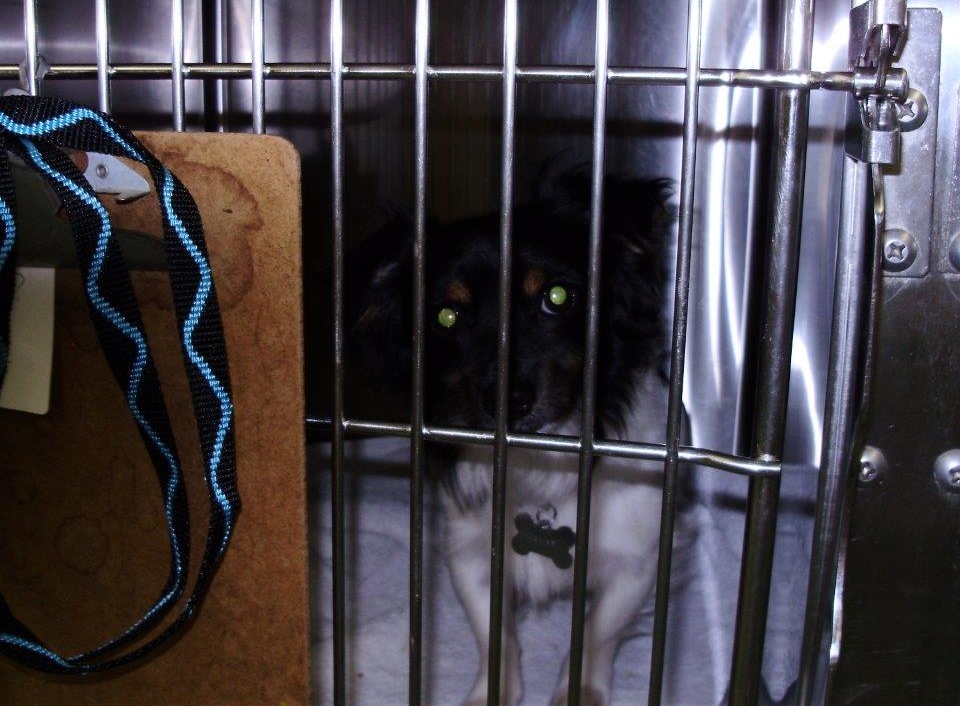



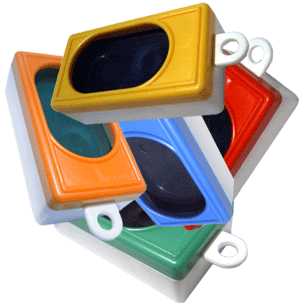
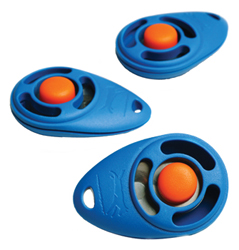



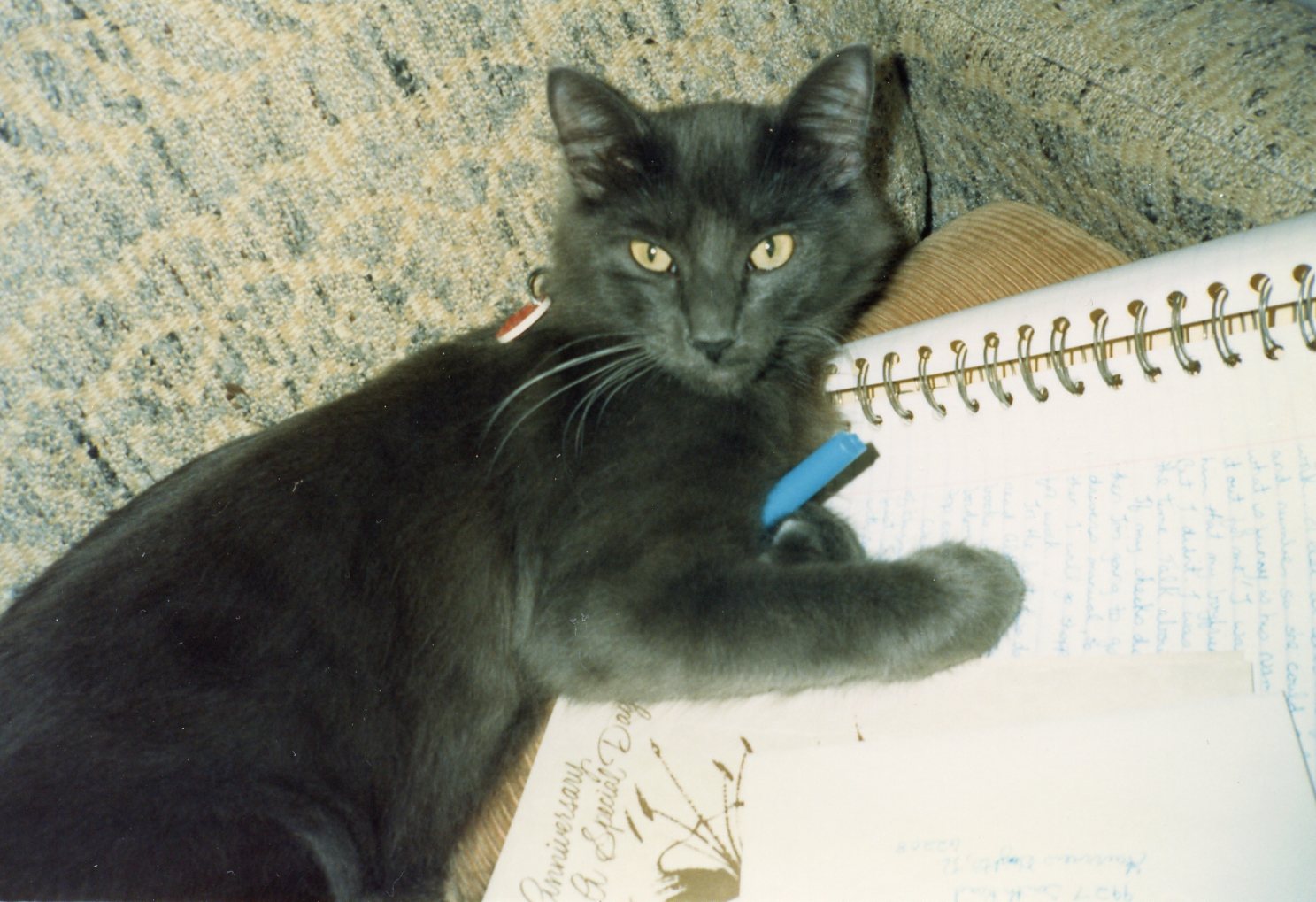
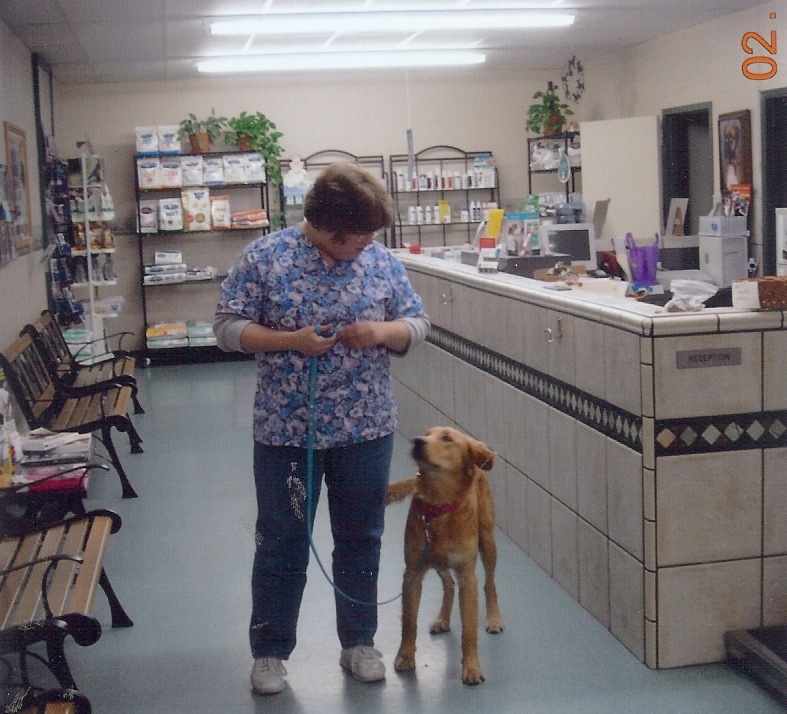

Shouldn't Your Pet Have Pawfect Manners?
You can have a well-behaved pet, let me show you how.
Schedule Your Class!(281) 440-6818
judy.pawfectmanners@gmail.com